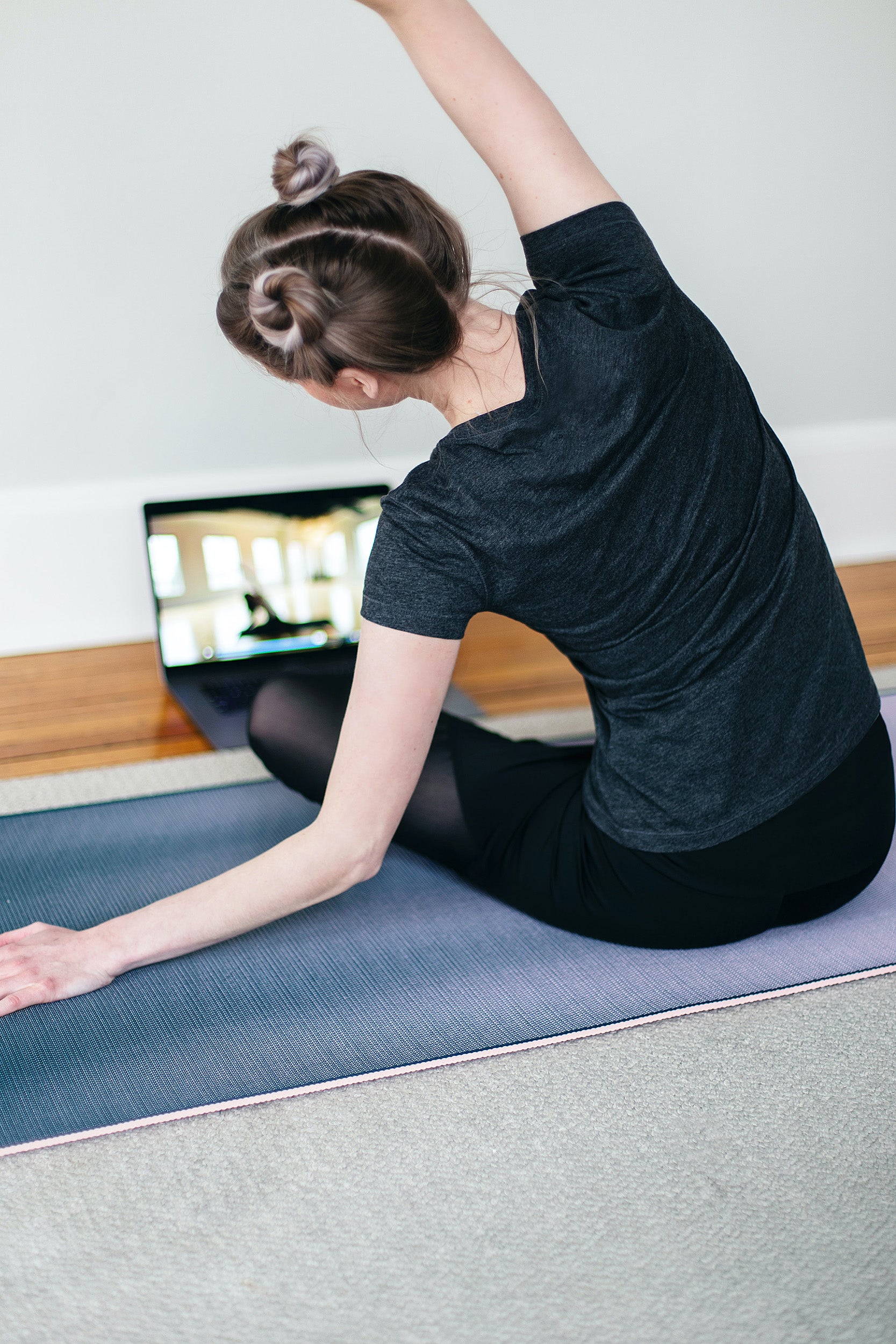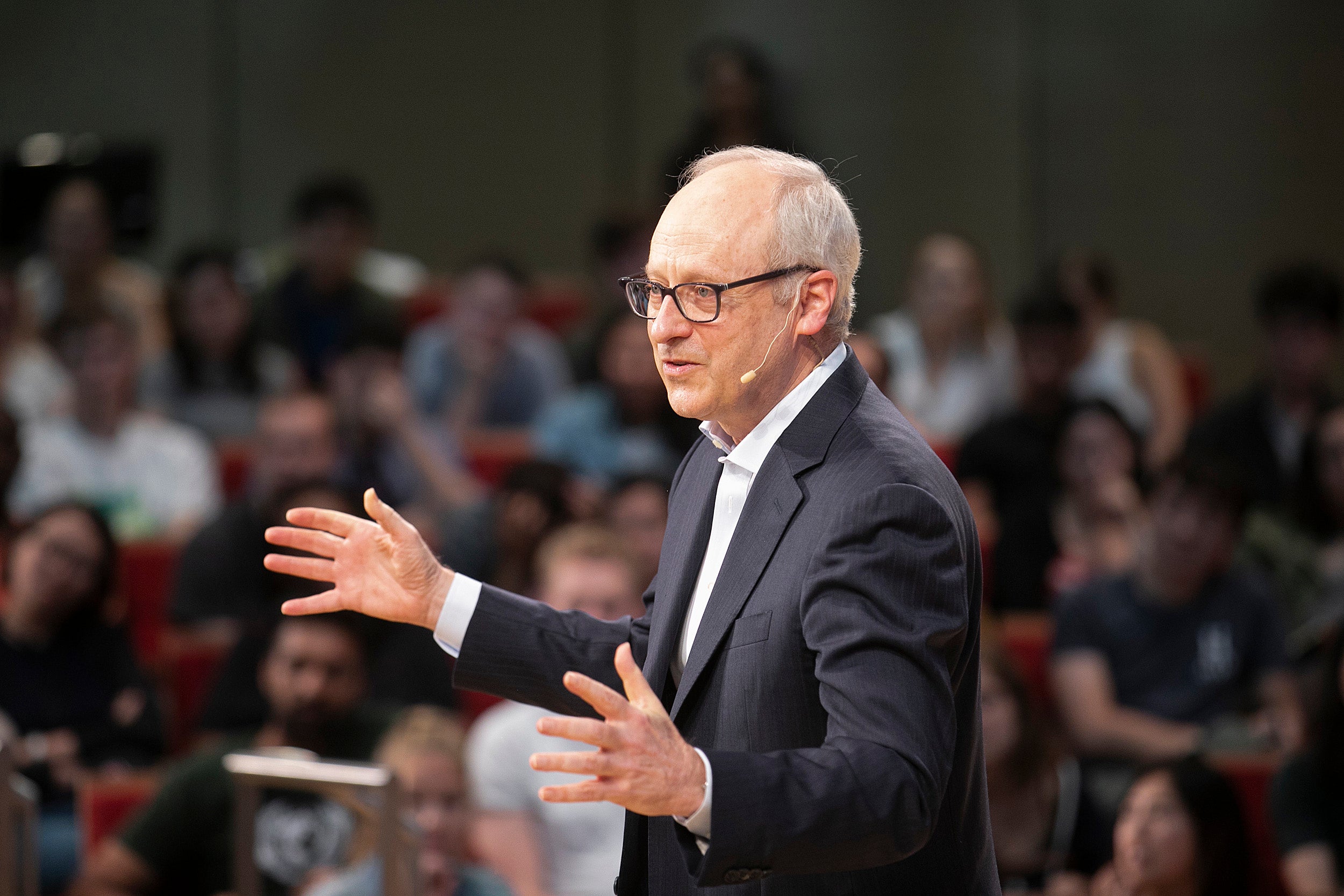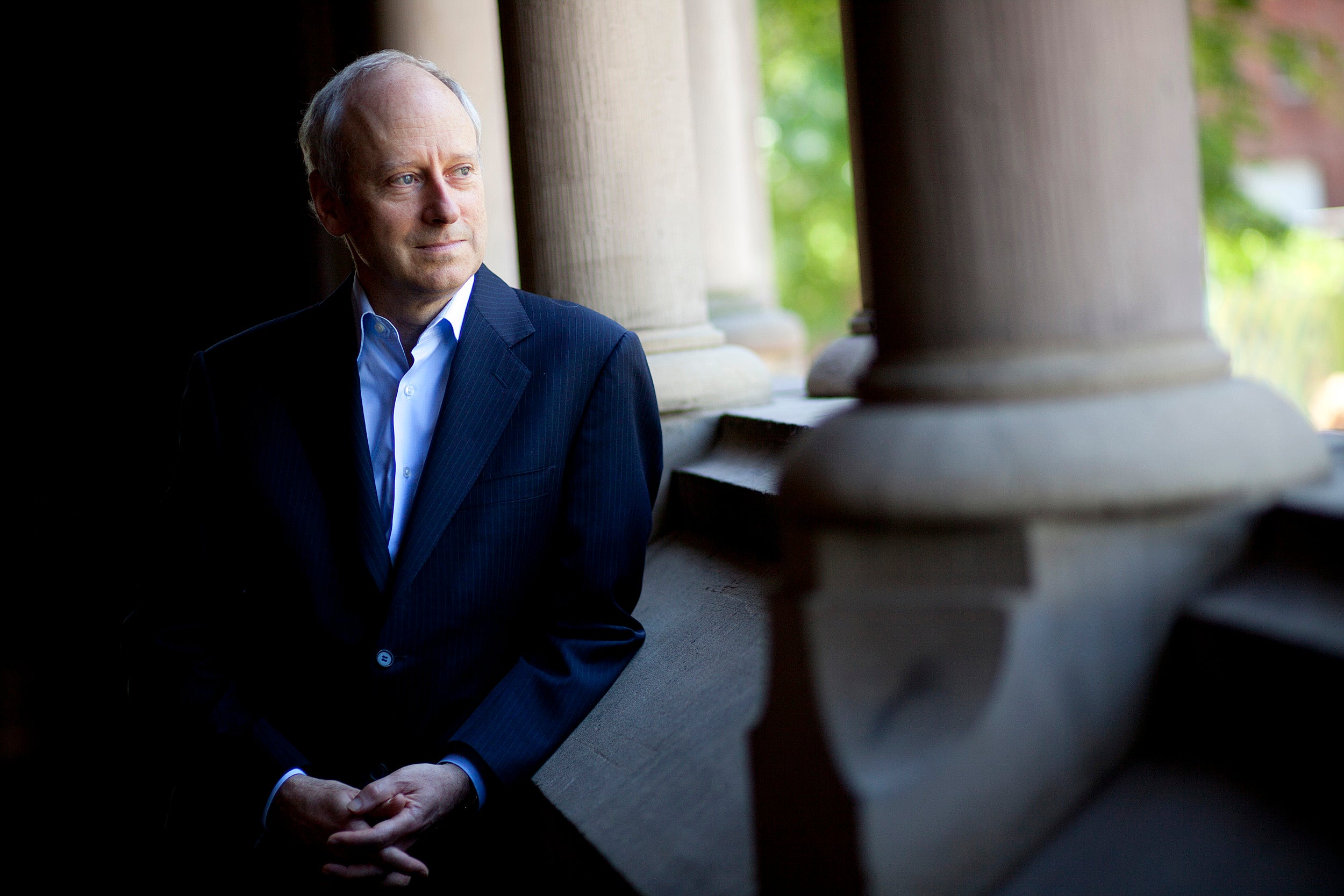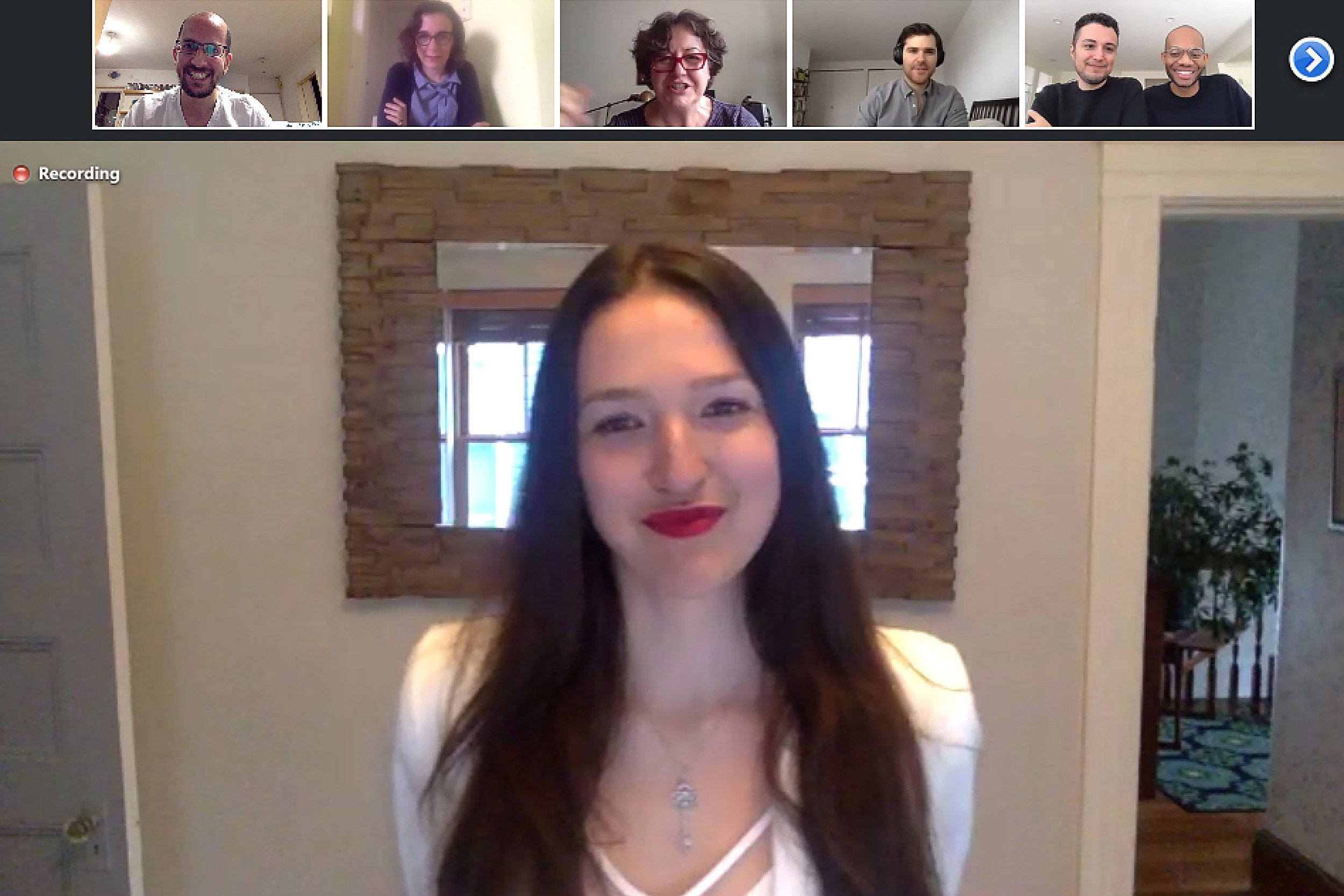Extracurriculars for an online campus
With classes in cyberspace, why not Socialize Remotely?

Kari Shea/Unsplash
In a typical School year there is no shortage of extracurriculars on campus. Harvard students, faculty, and staff might in a given week attend an evening workshop on how to run for local office, win prize money besting friends and classmates in a game of trivia, join fellow actors in a spirited recitation of Euripides’ “The Bacchae,” gain an insider perspective on current events with one of the world’s leaders in her or his fields, calm down with a gentle flow yoga class, or pump back up with cardio hip-hop.
Now, despite the move online for the remainder of the spring 2020 semester, members of the University community still can engage in Harvard-sponsored resources and events, even if they’re hundreds of miles away from their friends and classmates. In fact, this past week, those who logged into Socialize Remotely, a new online resource for all HarvardKey holders, could quite literally participate interactively in each of the aforementioned activities via Zoom.
The initiative, launched by the Office of the Vice Provost for Advances in Learning (VPAL) and Harvard University Information Technology (HUIT) two weeks ago, now has more than 1,000 users, including about 600 who log in to peruse social offerings each day. Take, for instance, an April 16 evening talk by political philosopher Michael Sandel, which drew an audience of more than 1,000. During his lecture, Sandel called on students from the College, Harvard Medical School, the Design School, and Harvard Business School alike to respond to philosophical questions he posed to his virtual audience on ethics in the time of a pandemic.
Michael Sandel led a virtual discussion on ethics.
Jon Chase/Harvard file photo

“Learning occurs through connectedness, not just through class content,” said Bharat Anand, Vice Provost for Advances in Learning. “It occurs in study groups, corridor and lunch conversations, and a whole host of other campus events. Rather than bemoan the loss of these connections in daily campus life, the question we asked is: What we could do to recreate — or even enhance — these connections virtually? And might there even be an opportunity to create new forms of connections on the virtual campus, ones that transcend the geographic boundaries that often shape on-campus socialization?”
Activities listed on Socialize Remotely run the gamut from small discussion groups, to exercise and dance groups of all kinds, to stand-up comedy open-mic shows, to mindfulness sessions and more. Anyone with a HarvardKey can post or attend an event, although many events require an RSVP in advance.
VPAL is also curating a series of showcase offerings. For the week of April 20, events include a talk on data, journalism, and COVID-19 hosted by the Berkman Klein Center, a roundtable with the chief executive and the head of impact strategy for Impossible Foods on “The Future of Food” to coincide with the 50th anniversary of Earth Day, and a conversation with Craig Mazin, the creator of the HBO show “Chernobyl.”
“Rather than bemoan the loss of these connections in daily campus life, the question we asked is: What we could do to recreate — or even enhance — these connections virtually?”
Bharat Anand, Vice Provost for Advances in Learning
Prior to the launch of Socialize Remotely, students had already begun putting their own virtual events into place. But, according to Deputy Vice Provost for Advances in Learning Dustin Tingley, VPAL met with students and administrators across Schools, and realized that there was a real opportunity to bridge the gaps that hinder cross-School community-building during these unusual times.
VPAL and HUIT previously launched two additional web resources for faculty, staff, and students following President Larry Bacow’s announcement that Harvard would move to virtual learning during the COVID-19 pandemic: Teach Remotely and Learn Remotely. These websites continue to provide guidance for instructors and students.







